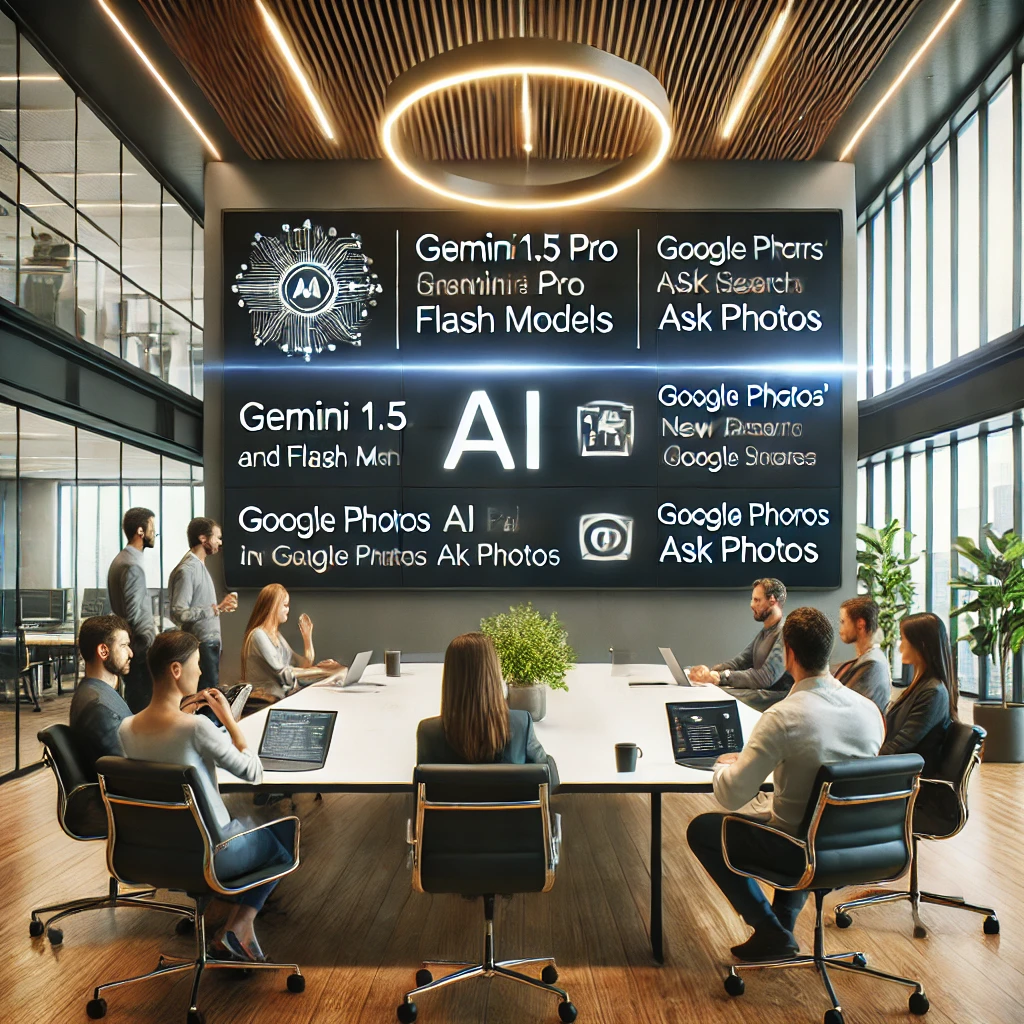Google has recently introduced significant updates to its AI models, particularly the Gemini family. The new Gemini 1.5 Pro and Gemini 1.5 Flash models are designed to enhance performance and efficiency. The 1.5 Pro model features a long context window of up to 2 million tokens, making it capable of handling extensive information, which is particularly useful for applications like data analysis and document summarization. The lighter 1.5 Flash model, optimized for speed, is ideal for high-frequency tasks and offers impressive multimodal reasoning capabilities (blog.google) (blog.google).
Generative AI in Google Search
Google’s Search experience has been revolutionized with the integration of generative AI. The new AI Overviews feature in Google Search allows users to get quick, comprehensive summaries of complex topics, which helps in planning, researching, and brainstorming. This feature, powered by the Gemini model, is now available to users in the U.S. and will be rolled out to more countries soon (blog.google).
Google Photos “Ask Photos” Feature
Google Photos has introduced a new feature called “Ask Photos,” which leverages AI to help users search their photo libraries more effectively. This feature can identify specific details like license plate numbers or track progress in activities, such as a child’s swimming milestones. It combines visual recognition with contextual understanding to provide detailed summaries and insights from your photo collection (blog.google).
AI-Powered Workspace Enhancements
Google has also integrated its AI advancements into Workspace products like Gmail, Docs, and Sheets. These enhancements include the ability to summarize emails, generate responses, and provide insights from documents. The AI capabilities are designed to boost productivity and streamline workflow for users across various Workspace applications (blog.google).
AI Models for Developers
For developers, Google has made its advanced AI models more accessible through platforms like Vertex AI and Google AI Studio. These models support a wide range of applications, from code generation to multimodal data processing, and are available in public preview. This accessibility allows developers to leverage Google’s AI infrastructure to build innovative solutions (blog.google).
